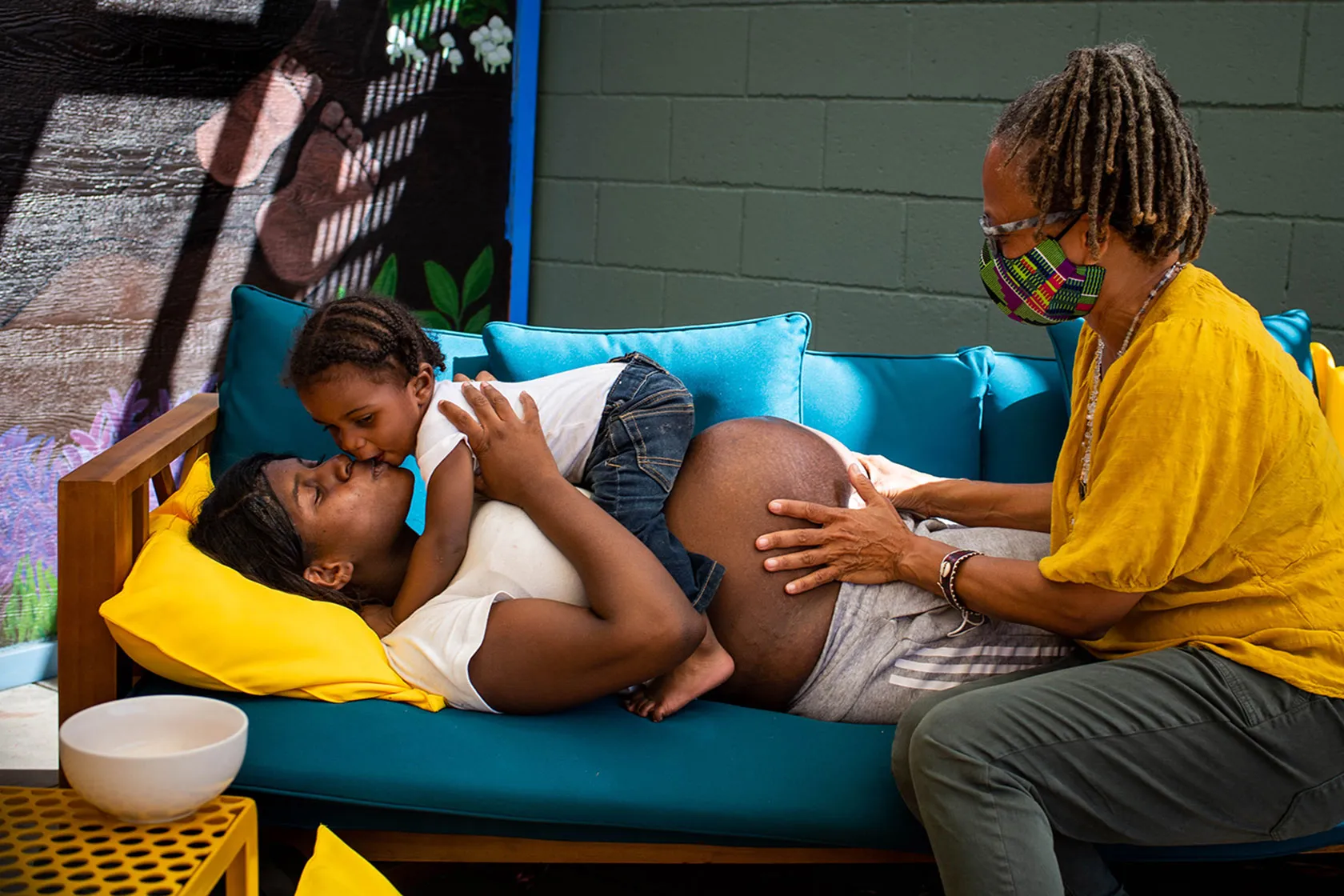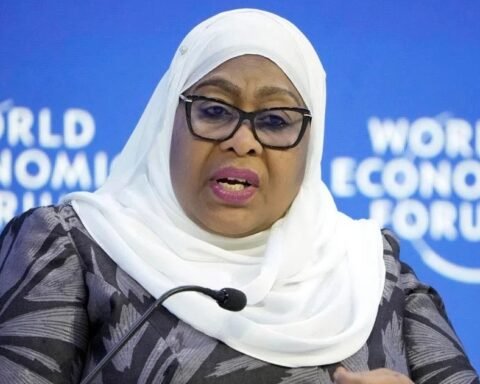Speaker of the National Assembly, Dr. Tulia Ackson, has endorsed the government’s commitment to sustaining free maternal health services, following a debate in Parliament that highlighted gaps in the implementation of the 2007 National Health Policy of Tanzania.
The discussion, held on May 20 in Dodoma, was sparked by a question from George Mwenisongole, the Member of Parliament for Nanyumbu. He sought clarification on whether the policy — which emphasizes free healthcare services for pregnant women — is still valid and enforced across public health facilities.
In response, Dr. Godwin Mollel, the Deputy Minister of Health, confirmed that the policy remains active and continues to guide the provision of maternal health services in the country. He further stated that the government is finalizing its review of the policy to reflect current realities, especially with the anticipated rollout of the Universal Health Insurance Scheme.
However, MP Mwenisongole challenged the effectiveness of the policy’s implementation. He noted that in practice, many women are still charged for services during childbirth — including being asked to purchase essential medical supplies such as gloves, IV drips, and sutures, despite assurances of free care.
“There are reports from health centers and hospitals where expectant mothers are required to bring their own delivery materials, some of which are never used and remain at the hospital,” he said.
Also Read; Police Warn Public On Hacked Account
Dr. Mollel acknowledged these gaps, attributing them to limited financial resources. According to the Deputy Minister, implementing free maternal care across the country requires about TSh 227 billion annually — a figure higher than the country’s entire annual drug budget, currently set at TSh 200 billion.
“These budgetary limitations have affected our ability to fully implement the policy in every facility,” he explained. “That is why the upcoming Health Insurance for All framework is crucial to delivering sustainable healthcare services.”
Speaker Tulia praised the Deputy Minister for his transparency and emphasized the need for the government to clearly communicate which services are guaranteed under the policy and which are not. She stressed the importance of ensuring that ordinary citizens, particularly women in rural areas, understand their healthcare rights.
Her remarks come at a time when many African countries are striving to implement Universal Health Coverage (UHC), a key pillar of Goal 3 of the United Nations Sustainable Development Goals (SDGs), which focuses on ensuring healthy lives and promoting well-being for all.
Healthcare advocates in Tanzania have repeatedly highlighted the need for consistent policy enforcement and public education to ensure that government promises translate into tangible services.







